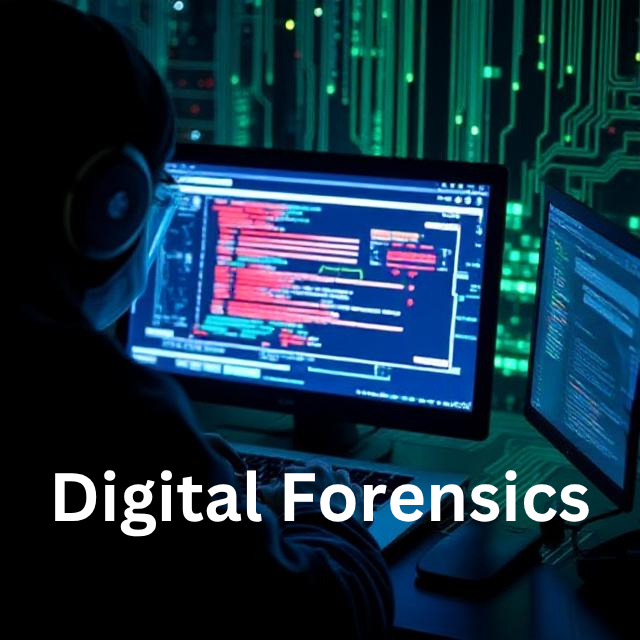How Does Cellular Forensics Work in Criminal Cases

In today’s digital era, your smartphones are not mere communication tools but are storehouses of data.
In criminal cases, smartphones, tablets and other devices are useful tools to retrieve some significant facts or data pertaining to a case. Here comes the role of Cellular Forensics.
What is Cellular Forensics?
Cellular Forensics is a branch of digital forensics that plays a key role in solving criminal cases by extracting and analyzing data from mobile devices. This evidence will help the investigators identify the suspects, support courtroom arguments and build timelines.
The digital forensics experts use cutting-edge tools and techniques to retrieve both active and deleted information including call logs, emails, instant messages, photos and videos, location data, internet browsing history and app data.
What is the use of evidence retrieved from digital devices?
The evidence serves as a digital footprint revealing behaviour patterns and movements critical to criminal investigations.
How mobile data is retrieved in Digital Forensics?
Forensic experts use both logical and physical extraction methods.
• Logical Extraction Methods: This method is accessing the data through the operating system of the phone and retrieves files like contacts, messages and call logs.
• Physical Extraction: It captures a complete image of device memory including deleted data. This method is more advanced and is initiated using specialized tools.
• Chip-Off: In cases where the smartphone or device is damaged, forensic experts use chip-off or JTAG methods to extract data directly from the internal memory chip.
Following of Protocols to Ensure the Data is admissible in Court
Professional Cellular forensics experts follow strict protocols ensuring the data is admissible in court. The chain of custody is maintained from the moment the device is seized to the final presentation in the court.
They properly document the findings, store them in a secure place and ensure tamper-proof handling. Forensics Experts also create detailed reports and may testify as expert witnesses to explain their findings.
Role of Digital Forensics in Criminal Investigations
• Homicide Investigations: The digital forensics specialists examine call logs, SMS and location data to determine if a suspect was present at or near the crime scene during the time of the incident.
• Drug Trafficking Cases: In such cases, the messages, contact lists and encrypted app data can expose criminal networks, payment exchanges and distribution routes. The forensics experts help link multiple suspects and transactions.
• Cyber Crime: Smartphones may contain important evidence of phishing schemes, and identify theft or harassment through social media and email platforms.
• Kidnapping Investigations: With the help of GPS tracking, Wi-Fi locations and social media activity logs forensics experts can trace the movements of victims and suspects, sometimes leading to arrest or rescue.
Cellular forensics is a powerful investigative tool that provides key evidence in criminal cases. It strengthens the legal process, helps unwrap truth and ensures justice is served.








